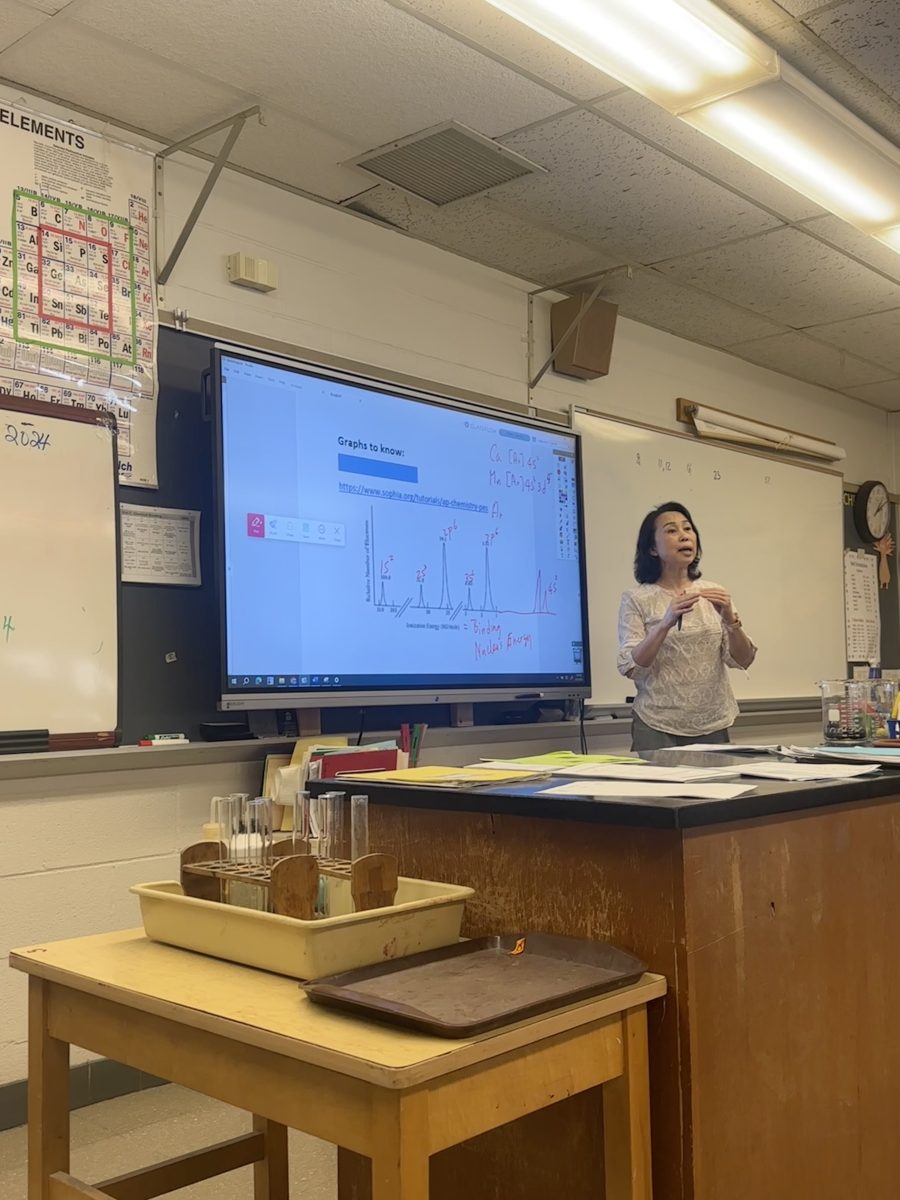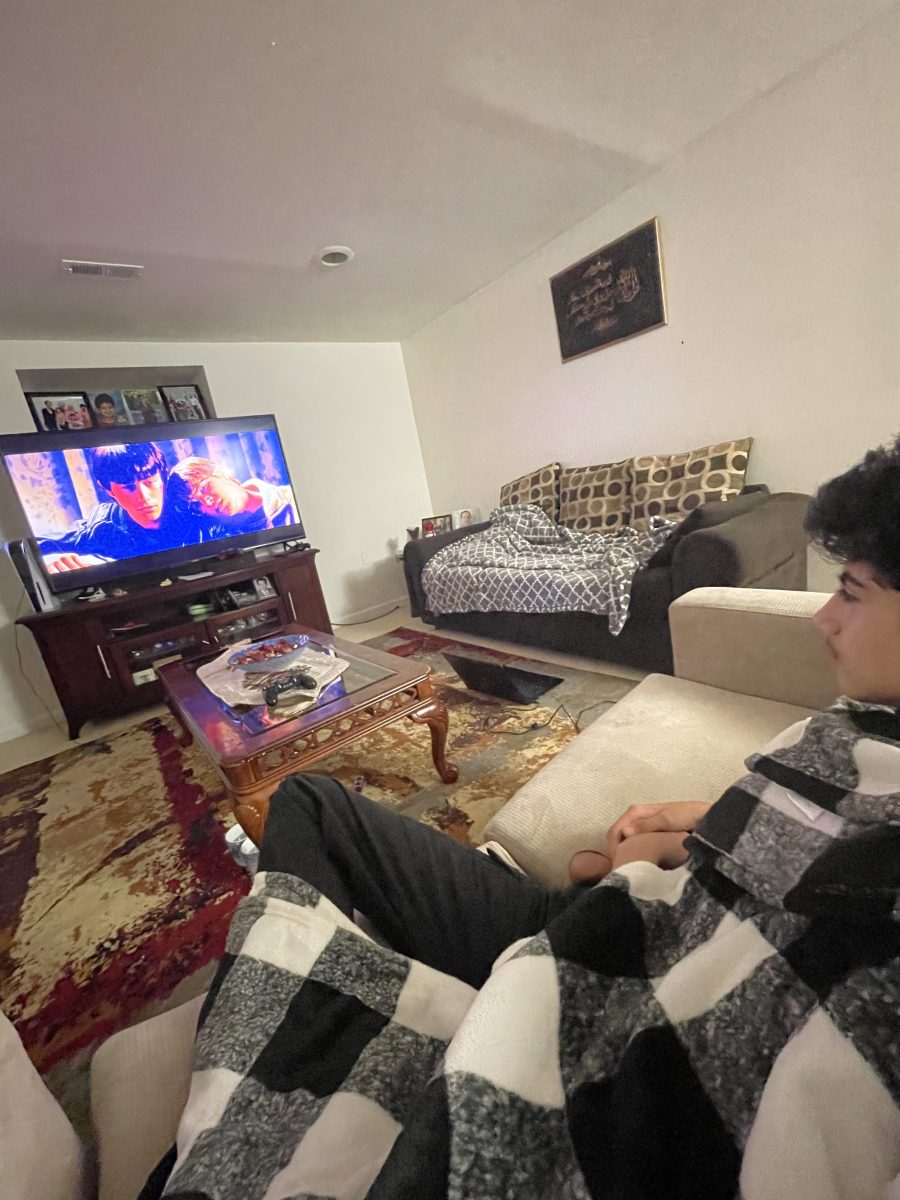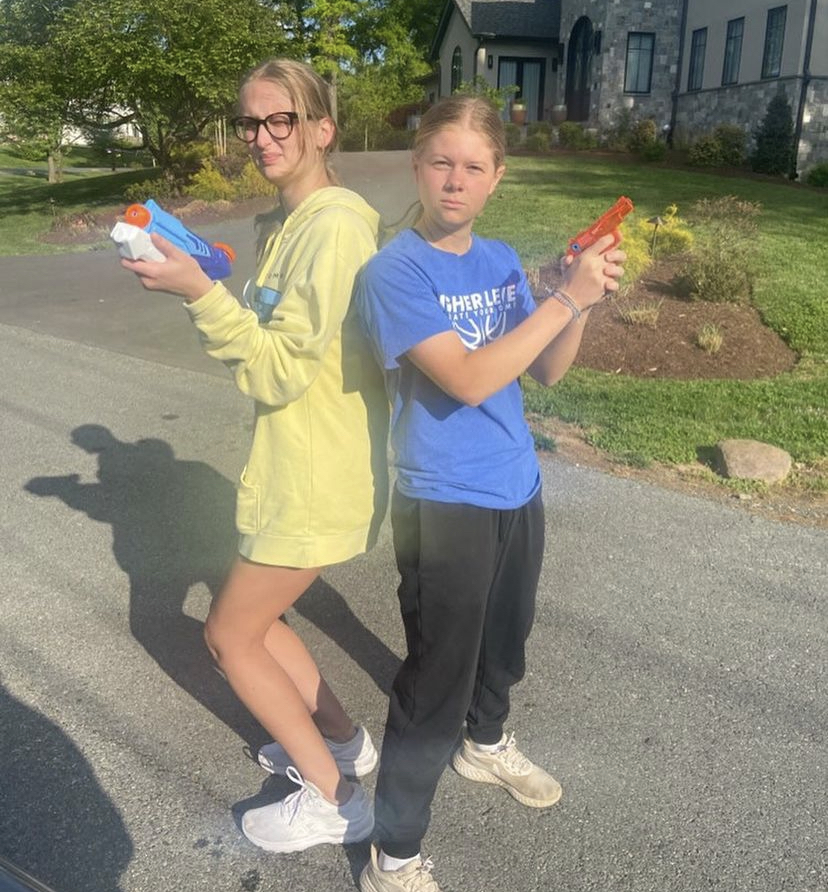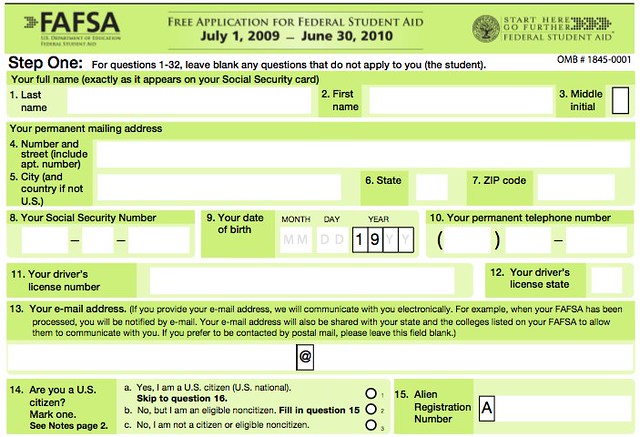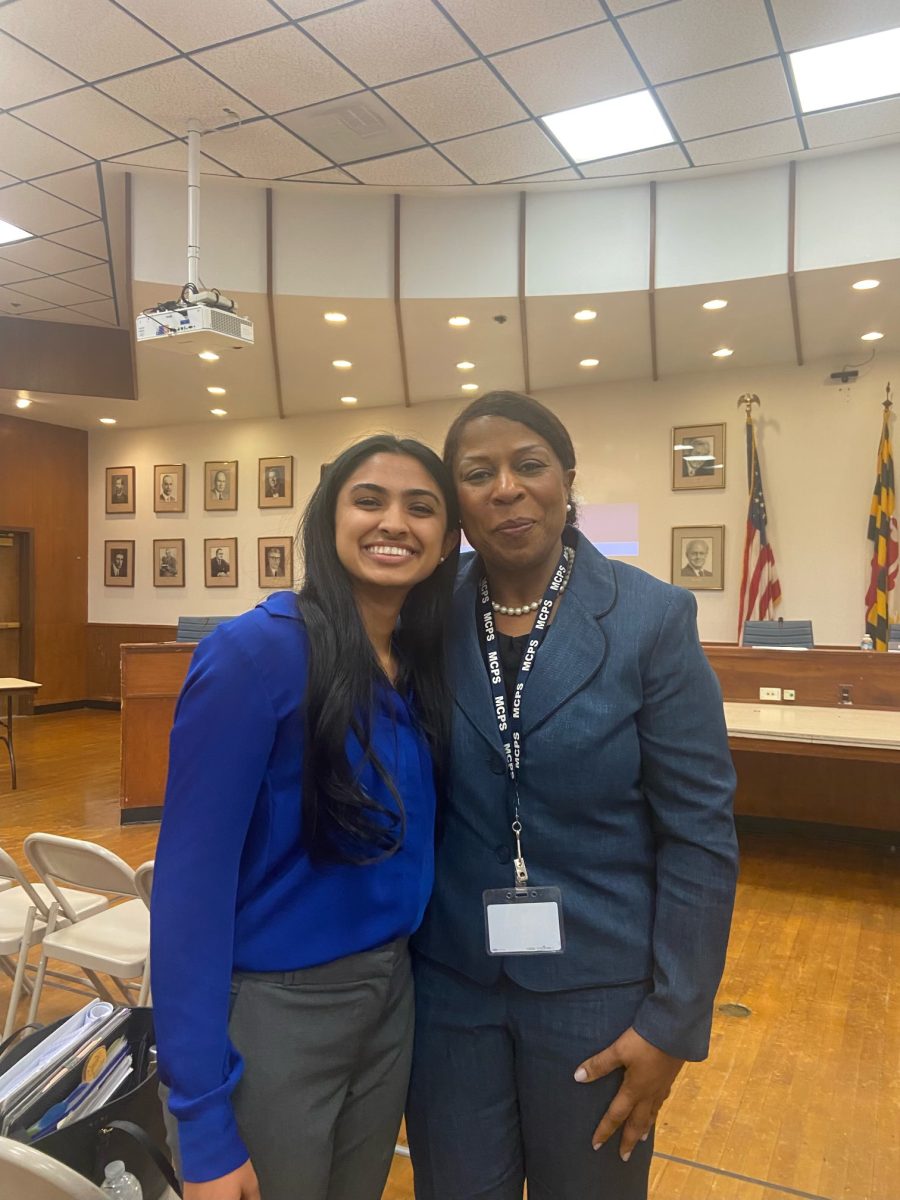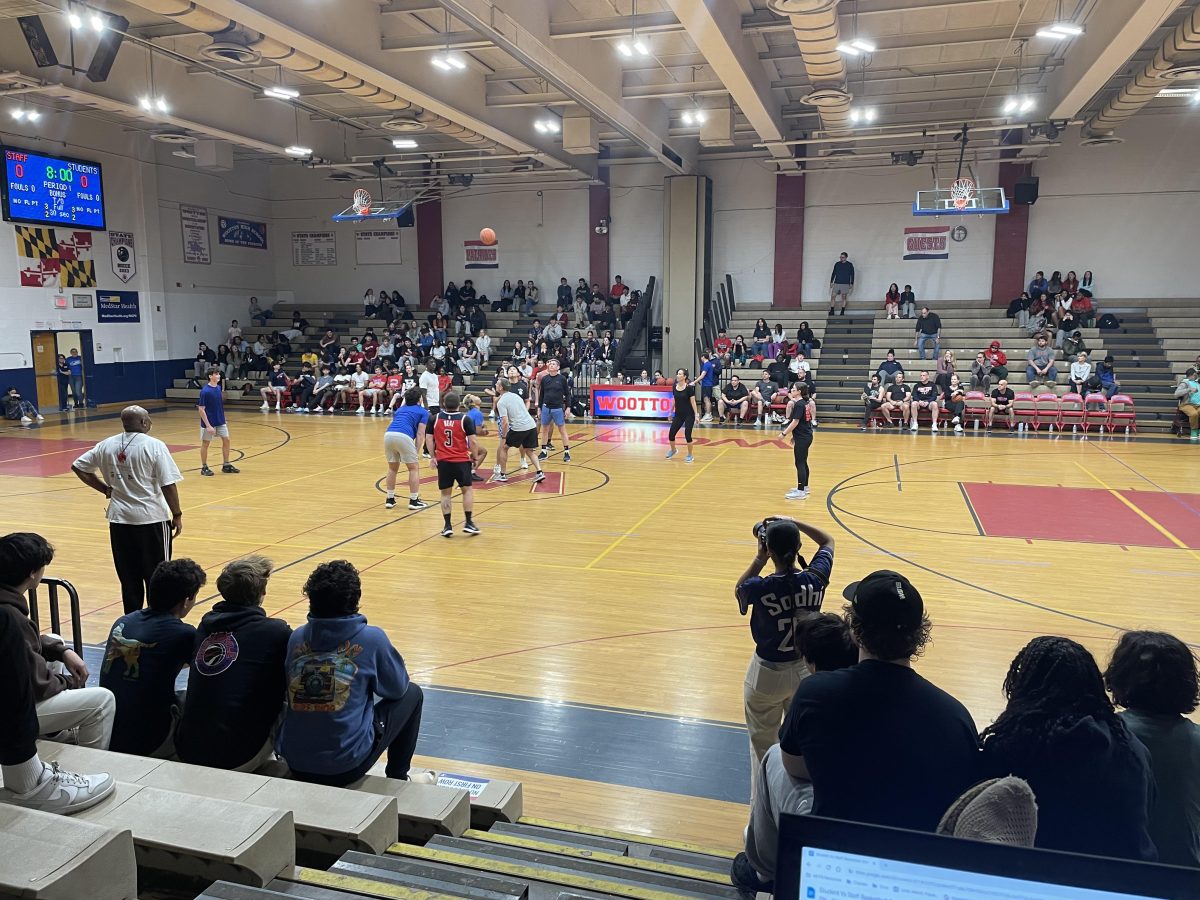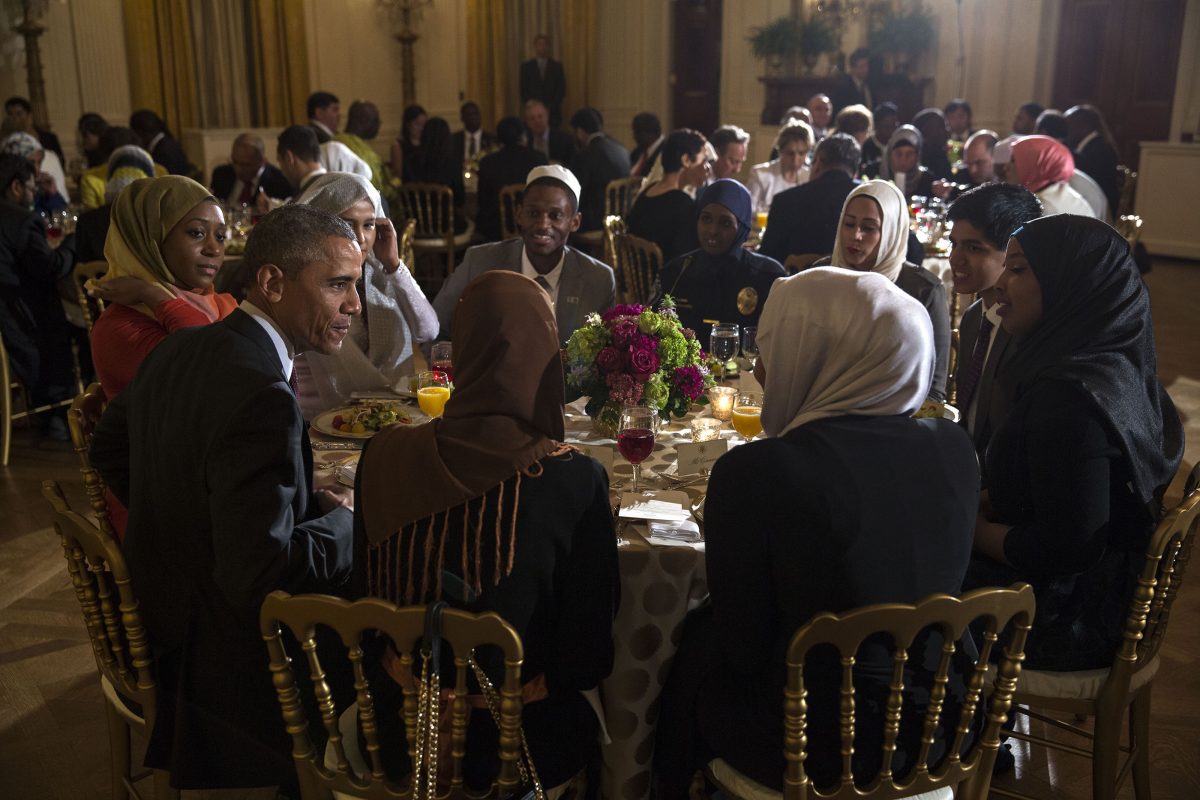When discussing Montgomery County Public Schools’ history of sexual violence (including sexual harassment, assault and rape), it is paramount to start with the statistics.
MCPS produces a School Safety at a Glance report every school year with such data. This publication not only maps the “serious incidents” that occur at every individual school within the district, but what sort of incidents took place and by which racial group. The safety report states that incidents are considered serious if they “result in or lead to the death of or serious injury of any person on an MCPS site or while conducting MCPS business; [includes] potential or actual disruption of the planned school day.”
The publication’s clarity of language did not, and still does not, extend to these various categories of incidents, at least in name alone. The category of “sex-related incidents,” while having a clear definition in the Safety at a Glance glossary, remains very broad, extending far beyond said outline:
Assault—Charged by the police with actual or attempted sexual penetration against a person without consent.
Harassment—The unwelcome sexual advances, requests for sexual favors, and other inappropriate verbal, written, or physical conduct of a sexual nature.
Rape—Engage in sexual intercourse with another by force or threat of force.
Common Sense contacted a representative of the MCPS Accountability Office and asked them why “sex-related” was their term of choice. They stated in response: “That’s a broad term used to encapsulate [those serious incidents].”
It remains unclear whether this term includes consensual sexual activity.
Students here were also skeptical of this choice of language. “It’s too convoluted for what it really is,” senior Priya Buddhavarapu said, “It creates a level of bureaucratic distance… [for] administrative management.”
During the 2015-2016 session for MCPS alone, the School Safety at a Glance report indicates that 35 serious sex-related incidents were reported at the high school level. Of these 35, 27 were reported to the police while eight did not make this appeal. The first graph on the right documents the number of incidents by individual high school. Those MCPS schools that are not listed had zero instances of sex-related incidents, this school included. In the 2014-2015 school year, there were 12 sex-related incidents requiring police involvement and five without police.
In addition to this data, Safety at a Glance distributes a biannual survey to parents and students of each MCPS school, trying to measure their perception of school safety. The results of the latest available survey, distributed during the 2014-2015 calendar, are listed under the second graph.
Throughout this data, a noticeable discrepancy exists between students and parents. Seneca Valley demonstrates a 48 percent gap of perceived school safety between the students (of whom 56 percent report feeling comfortable at school) and their families (94 percent of them feeling that their children are safe there).
The rate of sex-related incidents seems to have little correlation to feelings of safety in both the student body and their parents. Norwood had, by far, the most instances of sex-related violence last year, but their 68 percent student safety rating was quite close to the average of 72.84 percent. On the contrary, Montgomery Blair tied with Seneca Valley as the school with the second most instances of sex-related incidents; they have a student safety rating of 82 percent.
“It looks like lip service that keeps parents satisfied but doesn’t do enough to promote students’ sense of safety,” Buddhavarapu said.
Reporting K-12 Public School Crime
The President of the National School Safety and Security Services (NSSSS), Kenneth Trump, conducted a 2004 survey of 700 public school police officers, 86 percent of whom feel that school crime is underreported nationwide. The NSSSS reports that school-related politics is often to blame for underreporting, stating that “far too many principals, superintendents, and school board members still believe that the public will perceive them to be incompetent leaders and poor managers if the public becomes aware of crimes, violence and serious discipline problems which occur in their schools.”
Even speaking about security measures is known to strike panic into the hearts of parents and the news media alike.
The NSSSS also states that public schools “fail to distinguish crimes from violations of school rules” as a result of poor training and lack of experience. These crimes are thus dealt with on an administrative level of discipline and the student involved avoids referral to the police.
The reason these issues do not occur with such frequency on the college and university level can be summarized with the Crime Awareness and Campus Security Act of 1990, otherwise known as the Clery Act. This act fixes requirements and specific language for reporting what MCPS might call “serious incidents” that take place within institutions of higher learning. Primary and secondary schools do not have to follow these national standards.
The Department of Justice posits that of girls aged 14 to 17, 20 percent experience sexual assault or attempted sexual assault. A 2015 Centers for Disease Control and Prevention study concurs, finding that 20 percent of high school girls and 10 percent of high school boys are subjected to sexual violence. These numbers grow considerably for students who identify as LGBTQ+ (note that a sexual attack against an LGBTQ+ student would be classified as a serious hate incident by MCPS).
Sex-Related Incidents in MCPS, Here
On March 16, freshmen Henry E. Sanchez, 18, and Jose O. Montano, 17, allegedly raped a 14-year-old girl during school hours in a Rockville High School bathroom. MCPS was immediately thrust into the national spotlight after comments made by White House Press Secretary Sean Spicer.
Then, less than a month later, on April 6, the Richard Montgomery head of security, Mark Christopher Yantsos, 57, was arrested for having sexual relations with a 17-year-old student. Yantsos was the students’ basketball coach for two seasons before their relationship became sexual by nature.
Fourteen days after the Rockville case came to light, the county released a statement outlining an upcoming security review aimed at preventing further sex-related incidents. MCPS Superintendent Jack R. Smith, Ph.D., stated that this review would assess “utilization of school security personnel and other staff, resource allocation and management, facilities enhancements to restrict or limit access to more isolated areas of school buildings and grounds, technology infrastructure, including security cameras, […] procedures for managing students outside the classroom [and] protocols for responding to allegations of student-to-student sexual harassment or assault.”
Students here remain shaken by the two incidents. Sophomore Laila Heydari confessed to once feeling as though this high school could prevent such an event from taking place, “but the Rockville rape case has definitely questioned that.” Heydari said, “I feel after this case though, our school would definitely be more prepared.”
“I personally don’t feel any less safe,” junior Avery Tarwater said, “However, I have become more aware of my surroundings and those around me, especially my female peers. It is the job of the Wootton community to look out for each other, and times like this make it important to do so.”
Precision of Language
The language used to describe sexual violence is influential as to how the public, perpetrators and survivors interpret the crime. Steven Pinker, Professor of Psychology at Harvard University, writes extensively about how euphemisms function in society as a sort of collaboration between the speaker and the listener. Euphemisms regarding rape are an attempt to ease the mind of not just the talker but the community surrounding them.
To describe crimes of sexual violence as “sex-related incidents” is a deliberate decision on the part of MCPS, but this decision comes with consequences.
The community here and throughout the county face a difficult decision: maintain an environment of comfort where episodes like that of Rockville are a complete shock, or adopt more exact diction that could arm students from such crimes in the future and acknowledge the pain of survivors as stemming from more than just an incident.
Daria Kerschenbaum
Staff Writer




